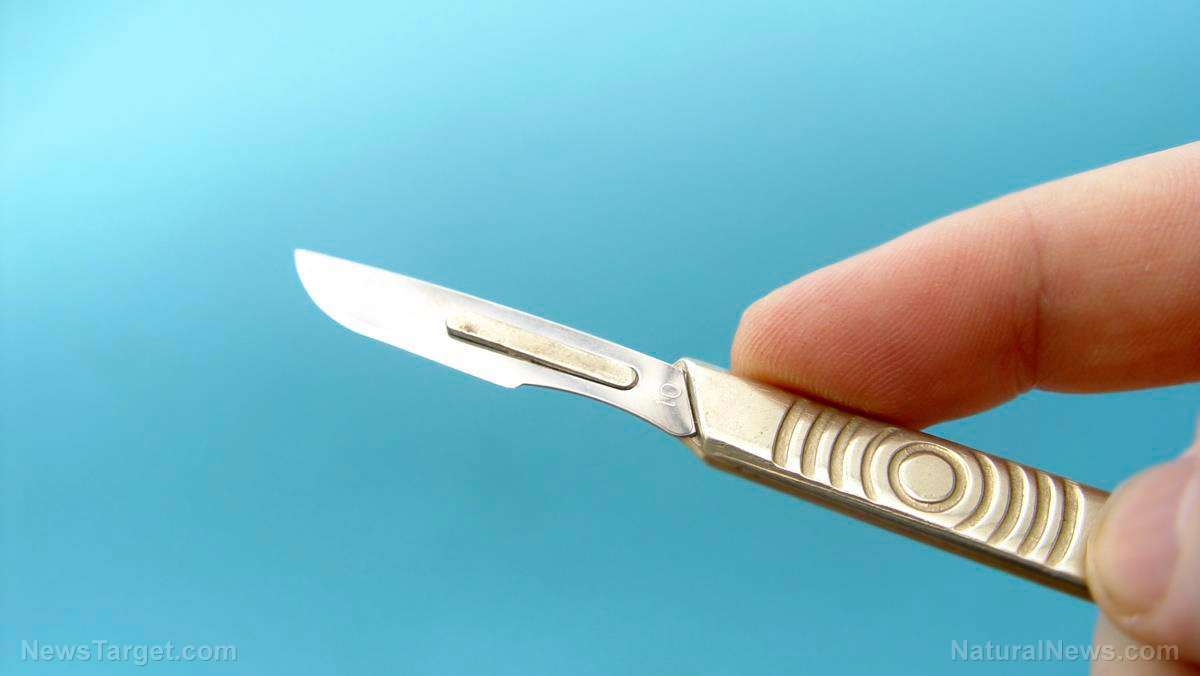Trump issues new regulations aimed at lowering prescription drug prices
11/30/2020 / By Divina Ramirez

In his third appearance since election night, President Donald Trump resurrected a long-delayed plan to slash the prices of prescription drugs. The plan, fiercely opposed by the pharmaceutical industry, implements the “most favored nation” (MFN) model to lower certain Medicare drug prices.
Moreover, the MFN model will remove incentives for healthcare providers to prescribe more expensive drugs by eliminating middlemen rebates. Instead, drug manufacturers will now be required to push the rebates and discounts to Medicare patients themselves.
Effective January 1, 2021, Trump said these efforts could save Medicare patients up to $28 billion USD in out-of-pocket expenses, much to the dismay of pharmaceutical companies. In a statement regarding Trump’s new policy, the Pharmaceutical Research and Manufacturers of America (PhRMA) said the industry is considering all options to stop the “reckless attack on the companies working around the clock to beat COVID-19.”
“The drug companies don’t like me too much,” Trump said at a press conference last Friday, Nov. 20. “But we had to do it.”
Ending unfair practices
The high and rising cost of prescription drugs in the U.S. remains a major concern for patients and legislators. Trump himself had advocated for the federal health insurance program Medicare to lower their prices in 2016 during his campaign for president.
In 2019, Trump had also backed a bipartisan Senate bill that would have capped what Medicare enrollees with high bills spend for their medications while also limiting increases for the price of prescription drugs.

Now, with Democratic nominee Joe Biden poised to take office in two months, Trump is doubling down on his efforts to lower the prices of prescription drugs and save patients from exorbitant healthcare costs. The newest policy is itself the direct result of four historic drug pricing orders that Trump signed last July.
One order would allow for the importation of cheap prescription drugs, while another would require discounts from drug companies to be passed onto patients. The third order would lower insulin cost while the fourth one would require Medicare to purchase prescription drugs at the same price that other countries pay.
“Statutorily, we had to go through a very long process,” Trump said of the circumstances leading up to the new reforms. “I was very proud to have gotten this done. We were pushing it very hard.” Trump added that his new reforms will end drug companies’ “unfair practice” of raising their prices by as much as 5,000 percent.
This practice has caused Americans to pay more than double for the same drugs that wealthier nations usually sell at lower prices.
Facing industry pushback
Unfortunately, many of the Trump administration’s past efforts to dramatically lower the price of prescription drugs were met with fierce pushback from the pharmaceutical industry and staunch Trump critics.
For instance, the PhRMA deemed Trump’s new drug pricing orders as a “reckless distraction that impedes our ability to respond to the current pandemic.”
Meanwhile, the Pharmaceutical Care Management Association (PCMA), whose members negotiate rebates for patients with drug companies, said that the latest rebate reform proposal will increase Medicare premiums for older patients. (Related: Big Pharma desperately trying to block President Trump from lowering drug prices.)
On the contrary, U.S. Secretary of Health and Human Services Alex Azar said that paying the rebates directly to older patients in the form of discounts could cut their prescription drug costs by as much as 30 percent.
With the new reforms, big discounts and “much-needed transparency” will be delivered directly to American patients as well, added Azar.
Read the latest updates on Trump at Trump.news.
Sources include:
Submit a correction >>
Tagged Under:
Big Pharma, current events, Donald Trump, freedom, government, health freedom, Liberty
This article may contain statements that reflect the opinion of the author




















